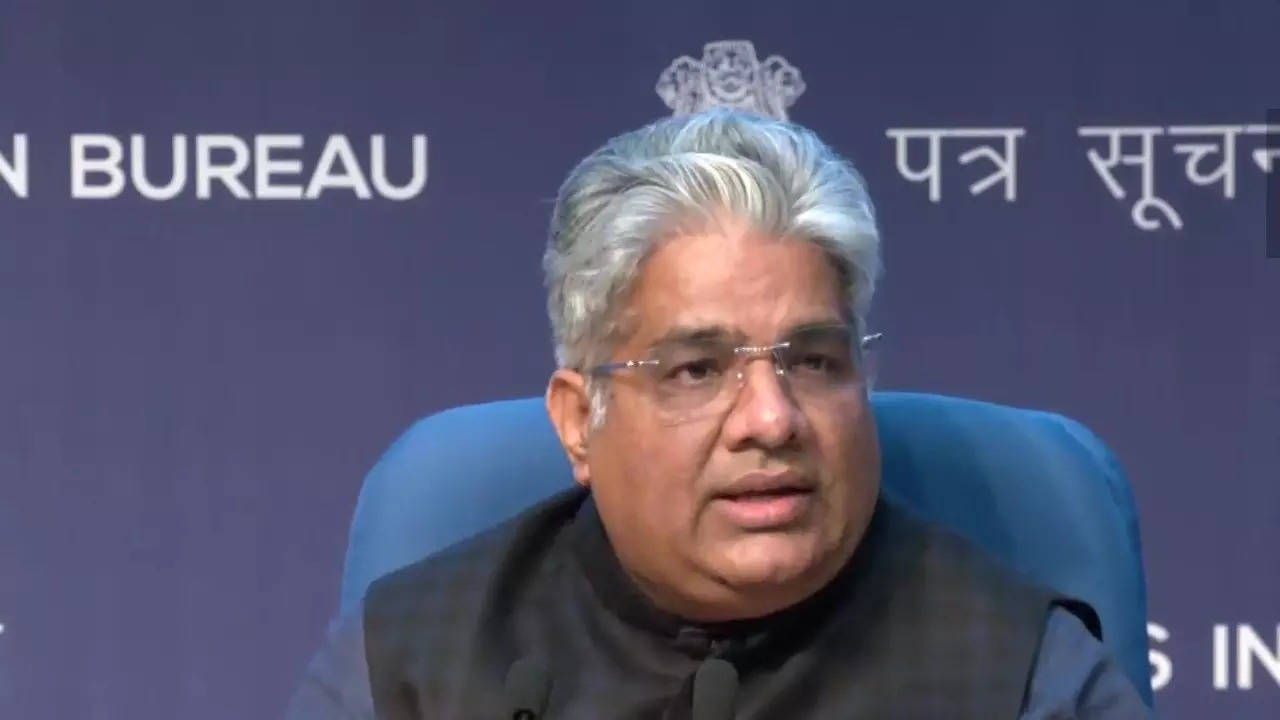Rs 2,600 crore to promote RuPay debit card, new cooperative societies: Key decisions taken by Union Cabinet – Times of India
The decisions were taken in the meeting of the Cabinet Committee on Economic Affairs (CCEA), headed by Prime Minister Narendra Modi.
Here are the key decisions:
* Scheme to promote RuPay debit card
The Cabinet has approved a Rs 2,600 crore scheme for promoting RuPay debit cards and low-value BHIM-UPI transactions.
Under the scheme, banks would be provided financial incentives for promoting Point of Sale (PoS) and e-commerce transactions using RuPay and UPI in the current financial year.
It would help in building a robust digital payment ecosystem. The scheme would also promote UPI Lite and UPI123PAY as economical and user-friendly digital payments.
“The approved incentive scheme for promotion of RuPay Debit Cards and low-value BHIM-UPI transactions (P2M) in FY 2022-23 has a financial outlay of Rs 2,600 crore,” the government said in an official statement.
Briefing reporters after the Cabinet meeting, Union Minister Bhupender Yadav said this will help in taking the digital payment system to MSMEs, the unorganised sector and farmers.
The statement further said that the National Payments Corporation of India (NPCI) had sought incentivisation of BHIM-UPI and RuPay Debit Card transactions to create a cost-effective value proposition for ecosystem stakeholders, increase merchant acceptance footprints and faster migration from cash payments to digital payments.
Later in the day, Prime Minister Narendra Modi also hailed the government for its move to promote RuPay cards. In a tweet, he said: “India’s strides in digital payments will be further strengthened by today’s Cabinet decision regarding promotion of RuPay Debit Cards and BHIM-UPI transactions.”
India’s strides in digital payments will be further strengthened by today’s Cabinet decision regarding promotion of… https://t.co/qRekm0thYD
— Narendra Modi (@narendramodi) 1673440505000
* 3 new cooperative societies
The government has also decided to establish three new national-level multi-state cooperative societies to promote organic products, seeds and exports.
The national-level cooperative organic society, cooperative seed society and cooperative export society will be registered under the Multi-State Cooperative Societies (MSCS) Act, 2002.
The Multi-State Cooperative Societies law was enacted in 1984. It was in 1987, TRIFED (Tribal Co-Operative Marketing Development Federation of India Ltd) was established under this law as a national-level cooperative body.
After 35 years, three new multi-state cooperative societies will be established. They will play a key role in realising the goal of “Sahakar Se Samriddhi” (prosperity through cooperatives) by boosting rural growth and farmers’ income, he added.
The minister said cooperatives societies, including primary societies, district, state and national level federations, multi-state cooperative societies and Farmers Producer Organisations (FPOs) can become members of these new cooperatives.
“All these cooperatives will have their elected representatives in the Board of the society as per its bye-laws,” Yadav said.
There are about 8.5 lakh registered cooperative societies in the country with 29 crore members. The setting of these three national-level cooperative societies will bring rural growth, he added.
In a tweet, PM Modi said: “The cooperatives sector plays a pivotal role in creating a stronger economy and furthering rural development. In this context, the Cabinet has taken a crucial decision which will further our vision of ‘Sahakar Se Samriddhi’.”
The cooperatives sector plays a pivotal role in creating a stronger economy and furthering rural development. In th… https://t.co/DbW85E7EWt
— Narendra Modi (@narendramodi) 1673440625000
(With inputs from agencies)
For all the latest business News Click Here


